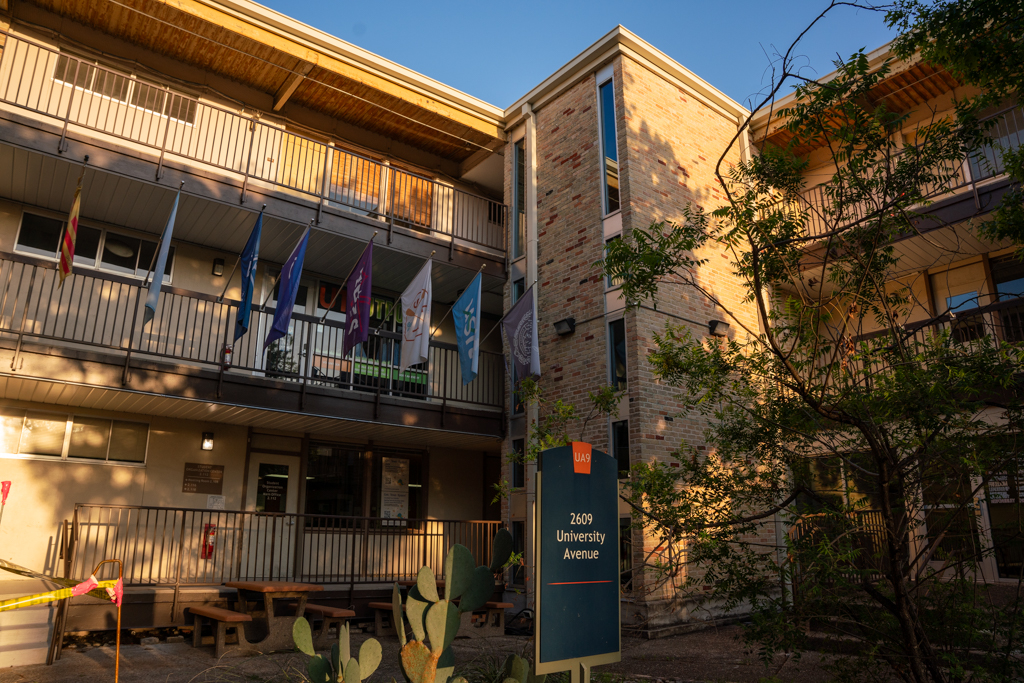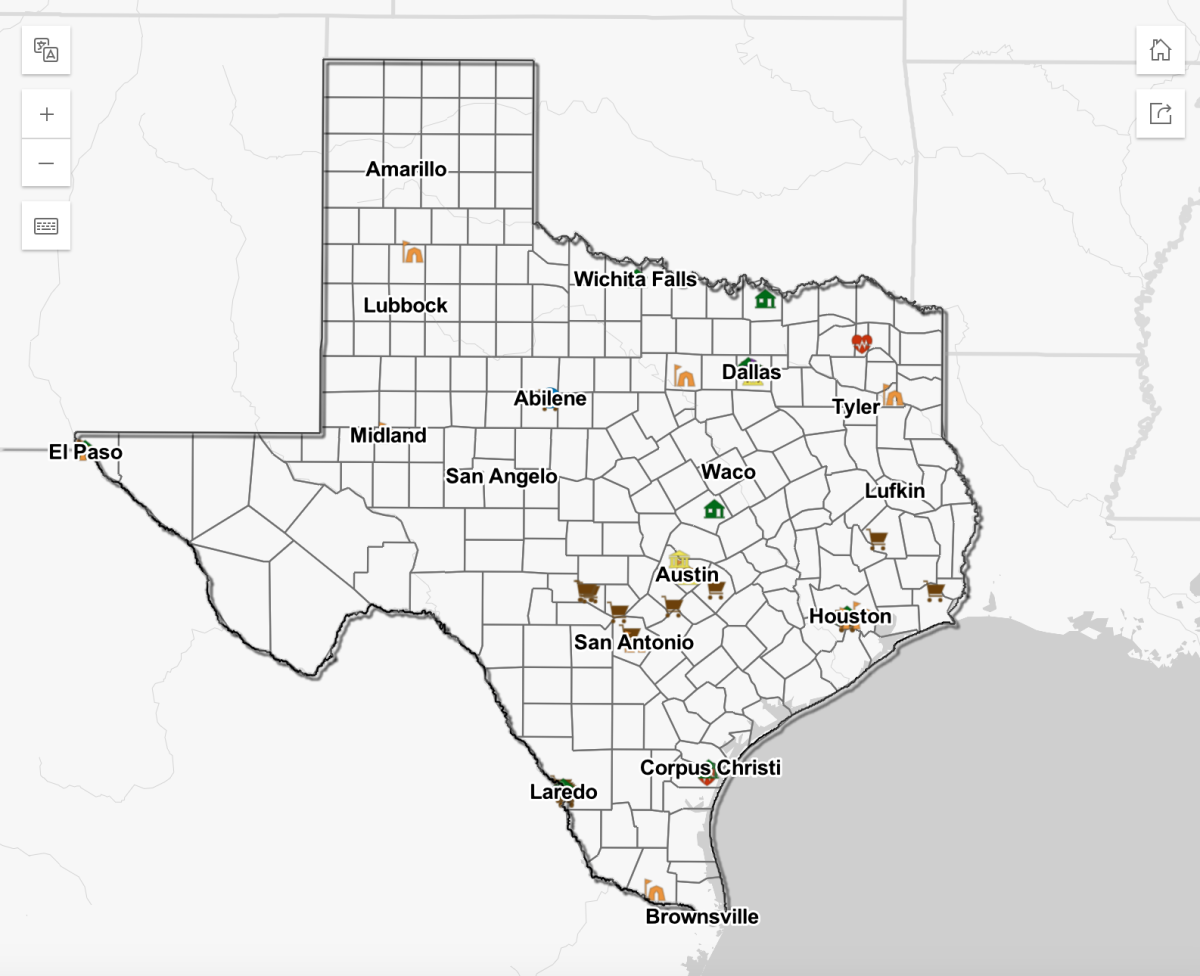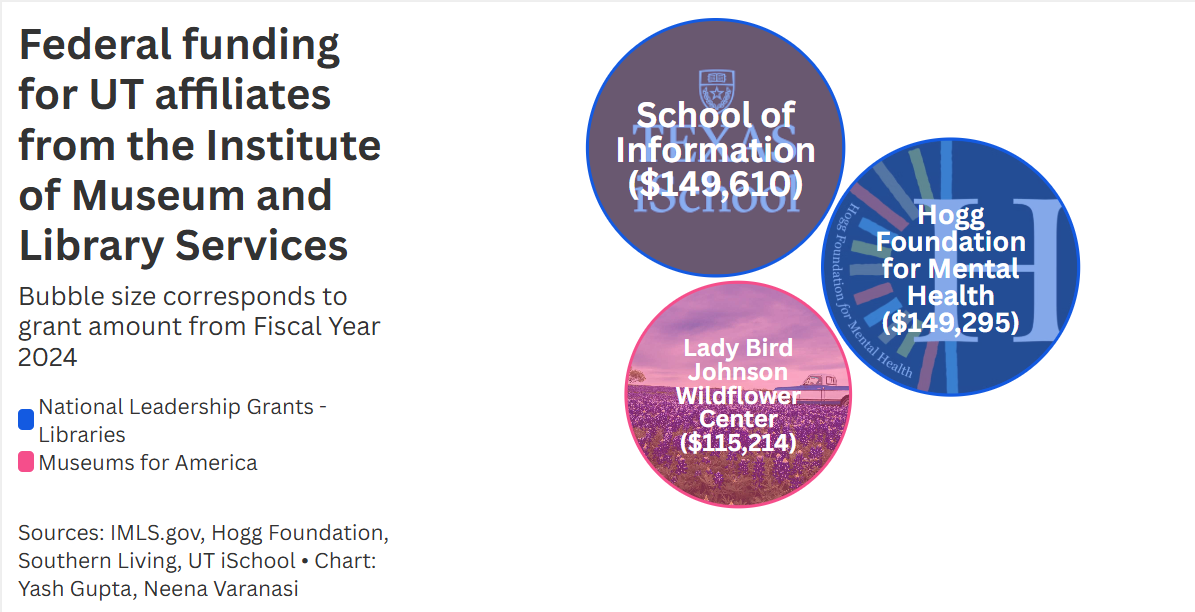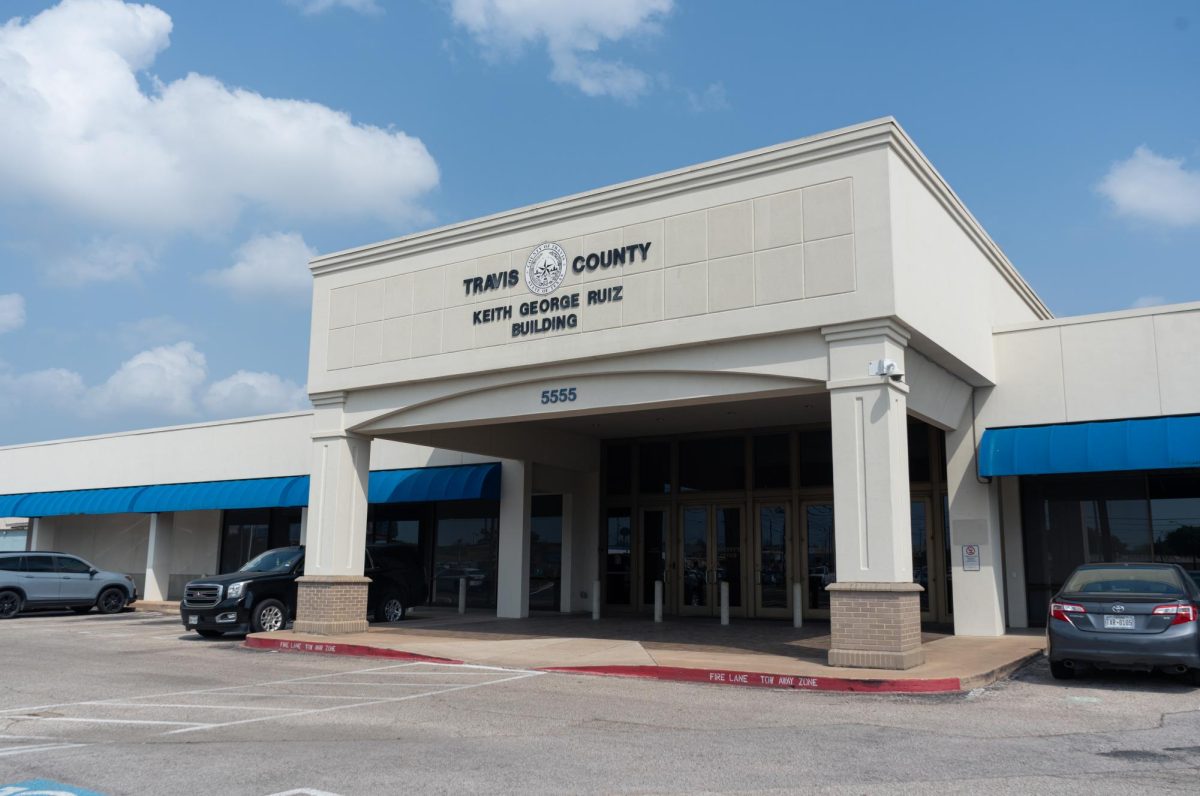Since Jan. 14, the Texas Legislature has organized the 89th Legislative Session to pass bills and discuss policy areas impacting the lives of every Texas resident, including UT students.
The Texas Legislature cannot pass laws or introduce new bills until after the 60th day of the legislative session on March 14. Now less than two weeks away, the question is: What do UT students want Texas legislators to work on?
The Texan asked over 100 students to rank five policy areas — education, health policy, public safety, affordability and the environment — in order of importance. Surveyed students ranked education as the most important area, with 34% of respondents identifying it as their top policy priority, and the environment as the least critical with 4% of the votes. While aware of challenges facing the state, including energy and water reliability and supply, the surveyed students did not view environmental policies as an immediate priority.
Students said they hoped to see improvements in access to higher education, but also expressed concern over the possible loss of the U.S. Department of Education, which provides support to public schools through grants and other programs. Gov. Greg Abbott announced education as a legislative priority in his biennial State of State address on Feb. 2. Abbott declared legislation allocating public funds to help families pay for a private K-12 education as an emergency item.
“The governor right now is trying to advocate for a lot of private schooling vouchers that (do) nothing for people like me that came from lower income areas to have greater access to resources and materials that actually got me to places like UT,” biology junior Jason Martinez said.
Students said they recognized the academic and professional opportunities available to them while attending UT, but affordability and financial stress are often a barrier for them. In November 2024, Abbott directed Texas public colleges and universities to extend a tuition freeze through 2027, citing “inflation and economic pressures (burdening) household budgets.” Despite the measures to increase higher education affordability for students, sociology senior Kinsey Faltysek said the high cost of living adds to her responsibilities.
“I’m barely making it by .… As a college student I don’t have a lot of time to work, because I’m balancing classes and work,” Faltysek said. “I get $13 an hour, and I barely make around $800 a month, working 16 hours a week.”
Kailer Laino, computer science and math sophomore, said issues of affordability are connected to health policy.
“I was someone who didn’t have health insurance for a while,” Laino said. “If there’s better health policy, that will inherently make things more affordable.”
Other priorities students marked as concerns are gun violence, the general sense of security while in public spaces, reproductive rights and access to physical and mental health care.
“Regardless of whether something is affordable or the environment or energy are fine, (you) can’t function that well if you live in a place that’s dangerous, or just simply a bad environment,” said Michael Starr, a physics and psychology sophomore.
While students who were surveyed ranked their top priorities, some recognized certain issues like the environment would require substantial work and attention, but wanted to prioritize the most urgent policy areas.
“Environment and energy is important, but more in terms of long term prospects,” chemistry senior Tanish Sodhi said. “I feel like (it is a question of) ‘What do you tackle more urgently?’”




















